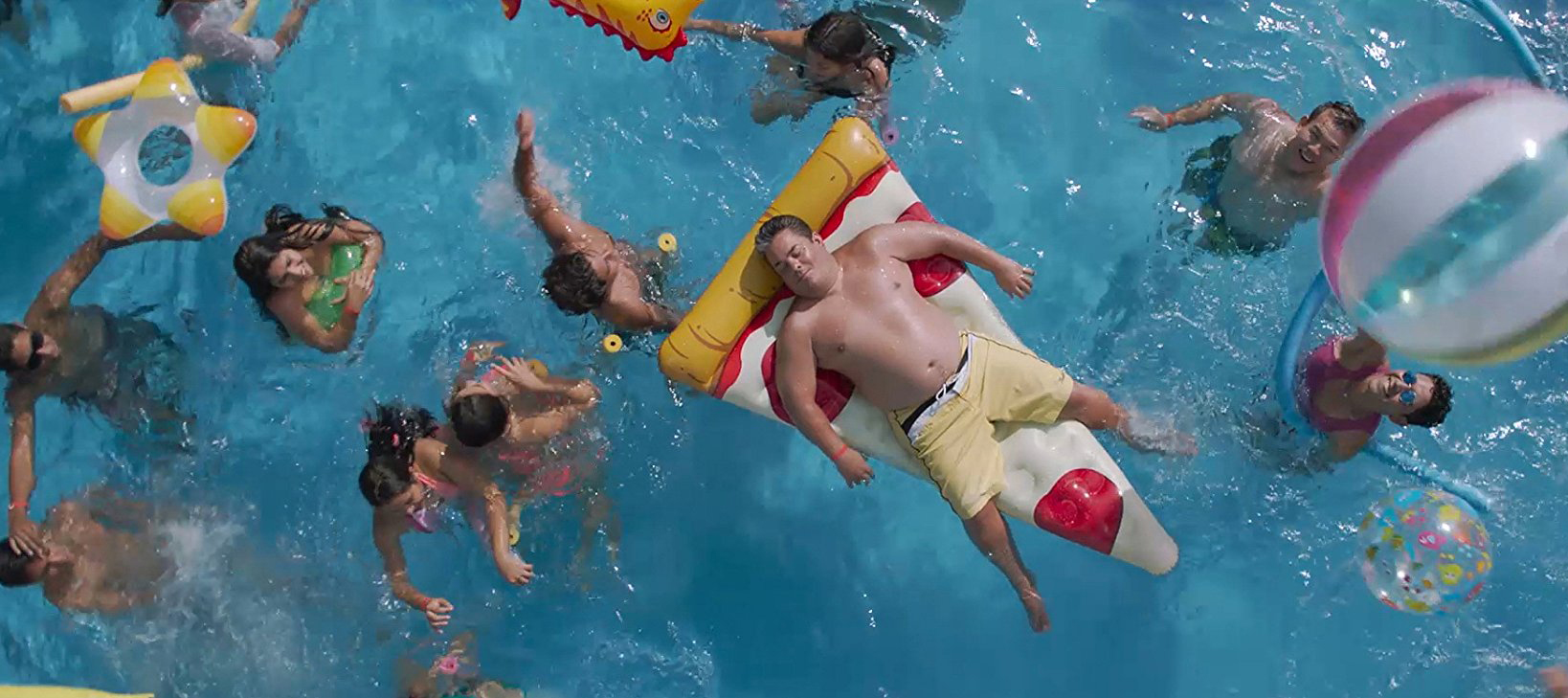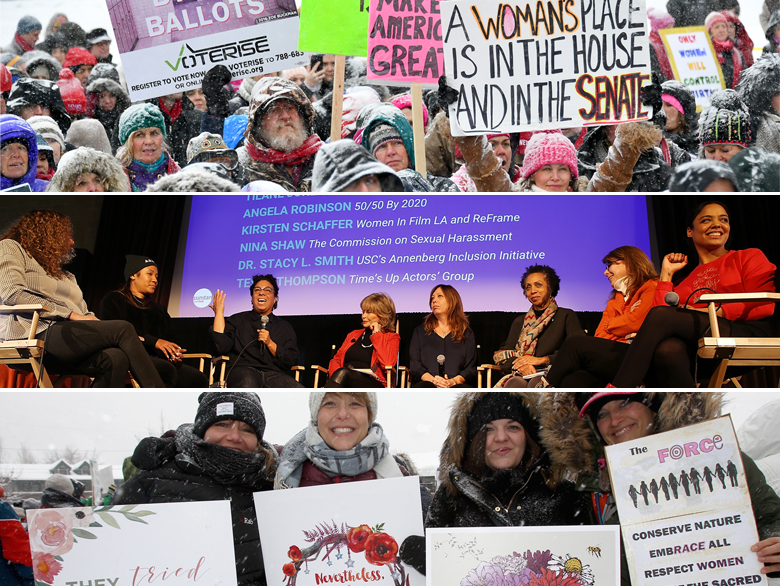
- Festivals
Some Women and Men: Looking Back at Sundance 2018
In an alternate universe, all filmmakers would happily dwell in a world like Sundance, removed from market pressures, a place where art precedes commerce. Visiting the Festival again after many years, I didn’t know what to expect. I was aware of complaints about its commercialization, propagated perhaps by those creators whose films were rejected by the Sundance programmers. But carrying my own discontent about the corporatization of Hollywood and Los Angeles, I breathed easy as soon as I set foot on the picturesque snow-touched Main Street, filled with pedestrians of all sorts, mostly young but not only, who were benevolently guided by volunteer street attendants and even more willing bus drivers, allowed to ride anywhere at any time around the Festival for free. And if to some sensitive eyes Hollywood appears to be reflecting the decline of a whole country and culture, here, in the high valley of Park City and the Sundance Institute, America thrives. Here, the traditional American values of inclusivity and freedom of expression are firmly entrenched and institutions are placed in the service of creativity.
Women in the industry were the celebrated persons this year at Sundance. Events such as the Women Breaking Barriers panel presented by the Hollywood Foreign Press Association, the Women Who Shoot discussion, the 2018 Women at Sundance Brunch, and the women’s march on the first Saturday, were all testament to the growing female prevalence in film, both on screen and now increasingly behind the camera as well. As far as films shown, however, Sundance continues to honor stories of the underdog, no matter whether male or female. The films in its various programs, Dramatic/Documentary Competition, Next, Premieres and other sections, were connected by one common thread: stories with a conflict leading to the external or internal triumph of the antihero or, at least, the unlikely hero; stories that exalt the power of failure, or – to copy a favorite book title – the wisdom of insecurity. The aim of the Festival may be to discover and support singular independent voices and help them be viable in the marketplace, yet, even more than that, it seems to strive for a possible storytelling world, a world where stories “live in you” as its motto pronounces; a world that pulsates with true creative and transformative power even if only for a few days. Here are a few notable examples.
Gus Van Sant’s Don’t Worry, He Won’t Get Far on Foot (Premieres), about the quadriplegic cartoonist John Callahan (Joaquin Phoenix) who overcomes alcoholism and self-loathing through a 12-step program, certainly fits into that mold. Even if it may be this year’s highest-profile film at Sundance, it is still suffused by the love for the underdog. “It’s (about) releasing, the psychological side of him becoming free,” said Danny Elfman, the film’s composer. “(The moment of freedom from alcoholism) is a big part of the film, because he can’t change his physical condition … but spiritually he does come out of it”.
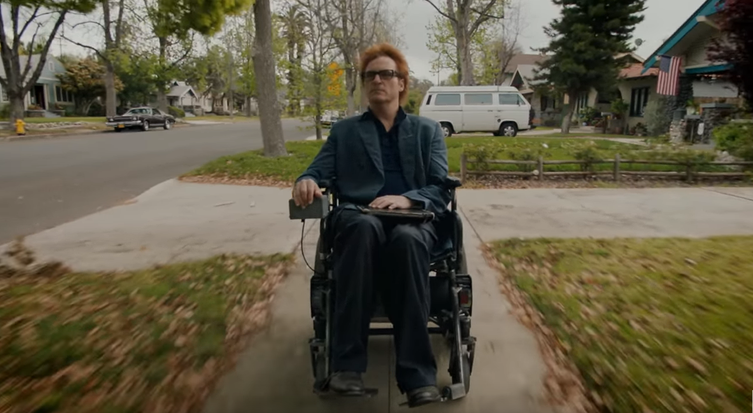
Joaquin Phoenix in a scene from Don’t Worry, He Won’t Get Far on Foot
getty images
Brazilian Director Aly Muritiba’s Rust (World Cinema Dramatic Competition), a two-part story about a girl (Tifanny Dopke) and a boy (Giovanni De Lorenzi) who get tangled in a cyber scandal explores the consequences of the all-too-common obsession with social media among teenagers. A suicide following the posting of a sex video may not be an altogether believable premise but the film’s second part, which revolves around the perpetrator’s perspective, seems far more interesting as it culminates in one moment of truth that makes the film successful.
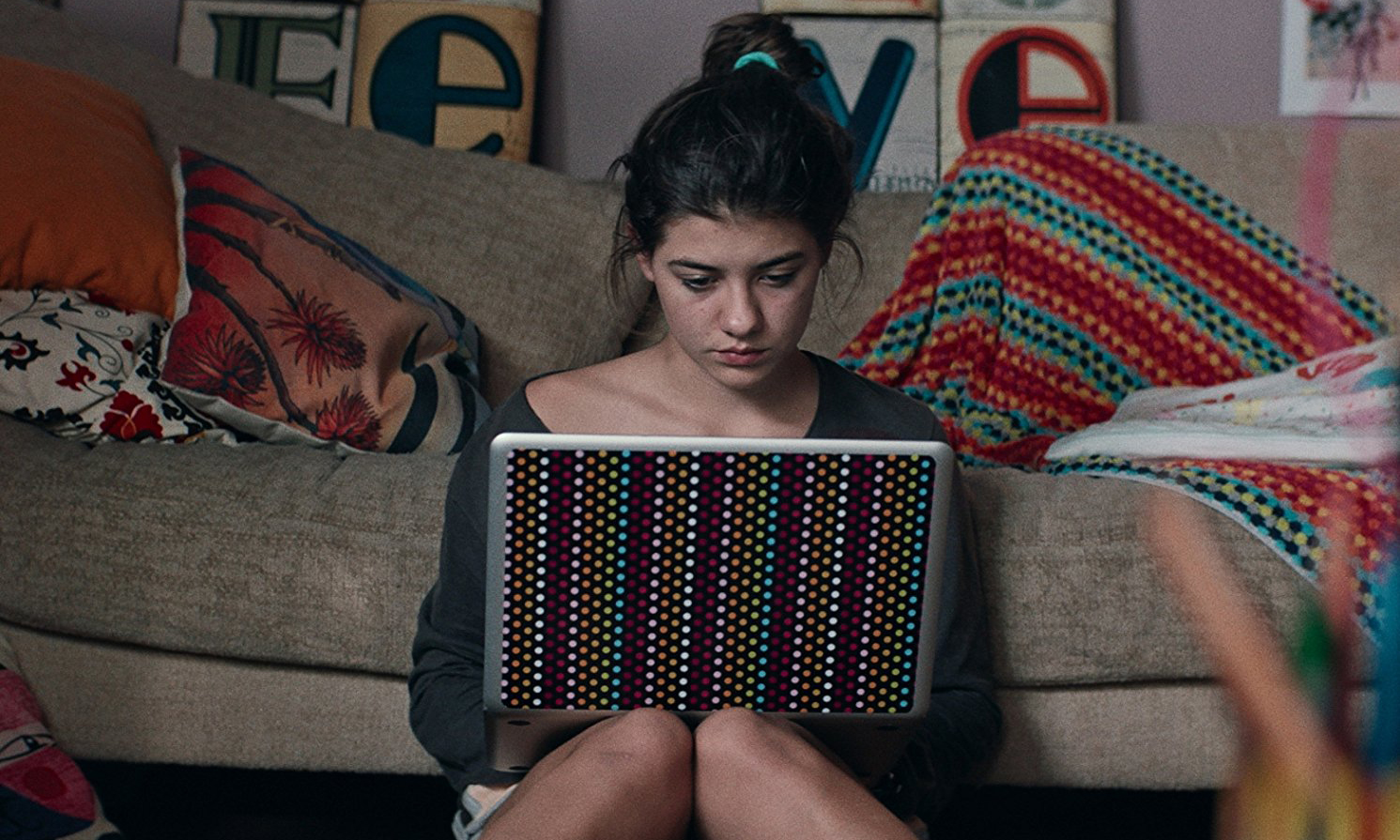
Hanna Fidell’s third feature, The Long Dumb Road (Premieres) is a comedy about a young guy (Tony Revolori) off to art school in Los Angeles, and a not-so-young guy (Jason Mantzoukas), a loner who just lost his job and who is glad to ride along with him wherever the road takes them. The clash between a fairly educated upper-middle-class kid and a street-smart loafer becomes a hilarious exploration of the meaning of life and success while refuting conventionalism and finding value in the unexpected, the aimless adventure and self-reliance.
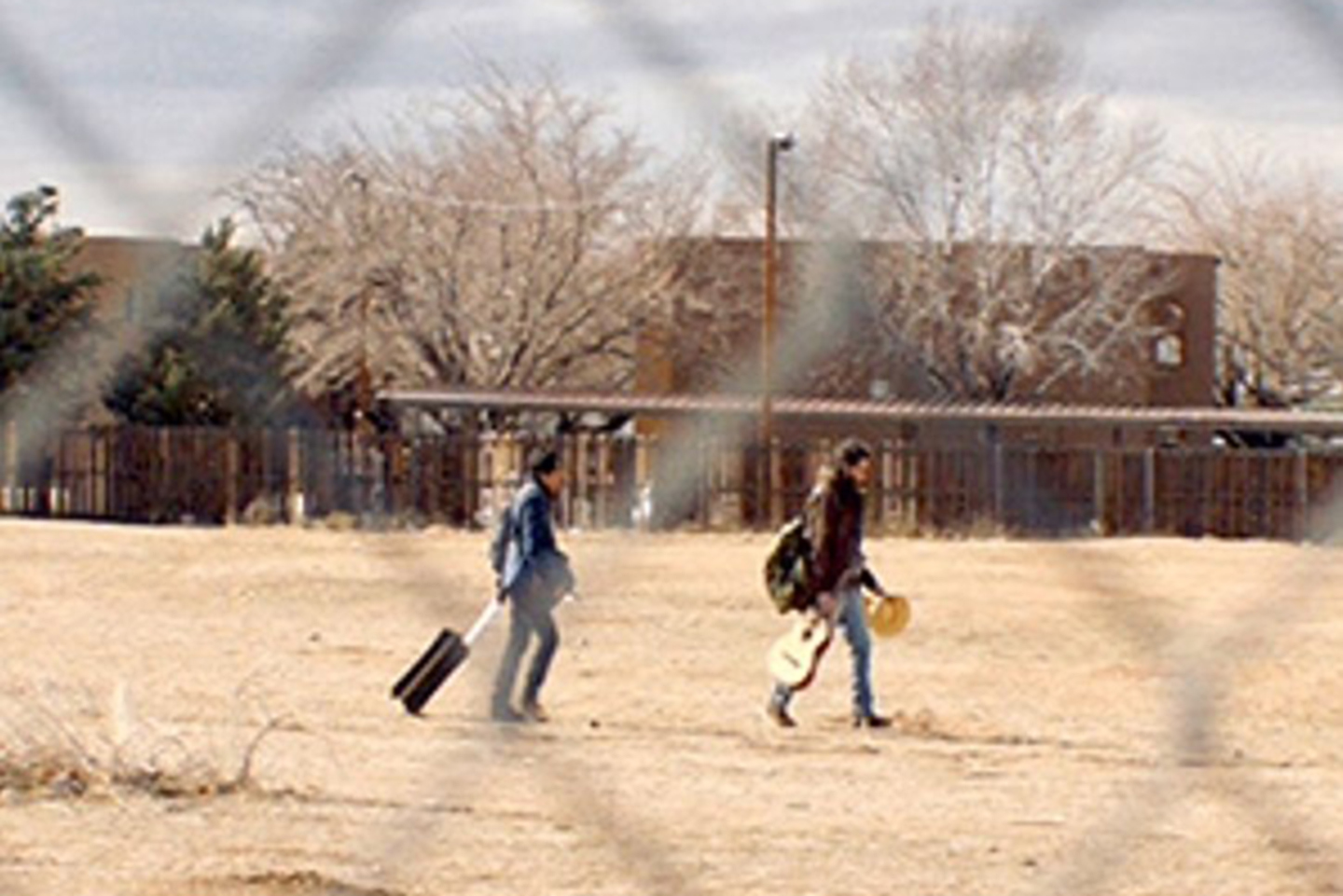
Actor Paul Dano’s directorial debut Wildlife (US Dramatic Competition) divides our attention between a boy (Ed Oxenbould) who witnesses the break-up of his family, and his mother (Carey Mulligan) struggling to make ends meet in the absence of her husband (Jake Gyllenhaal), who’s gone off to help fight a wildfire. The story’s subtlety is reflected in the layered meaning of its title, which is uttered twice in the film under different circumstances. Wild turns out to aptly characterize this family’s life as well as the animals escaping the forest fire – some the smaller ones get confused and burn up – as the boy’s mother says. Undoubtedly, “small and confused” is not only the boy but his mother and father too.
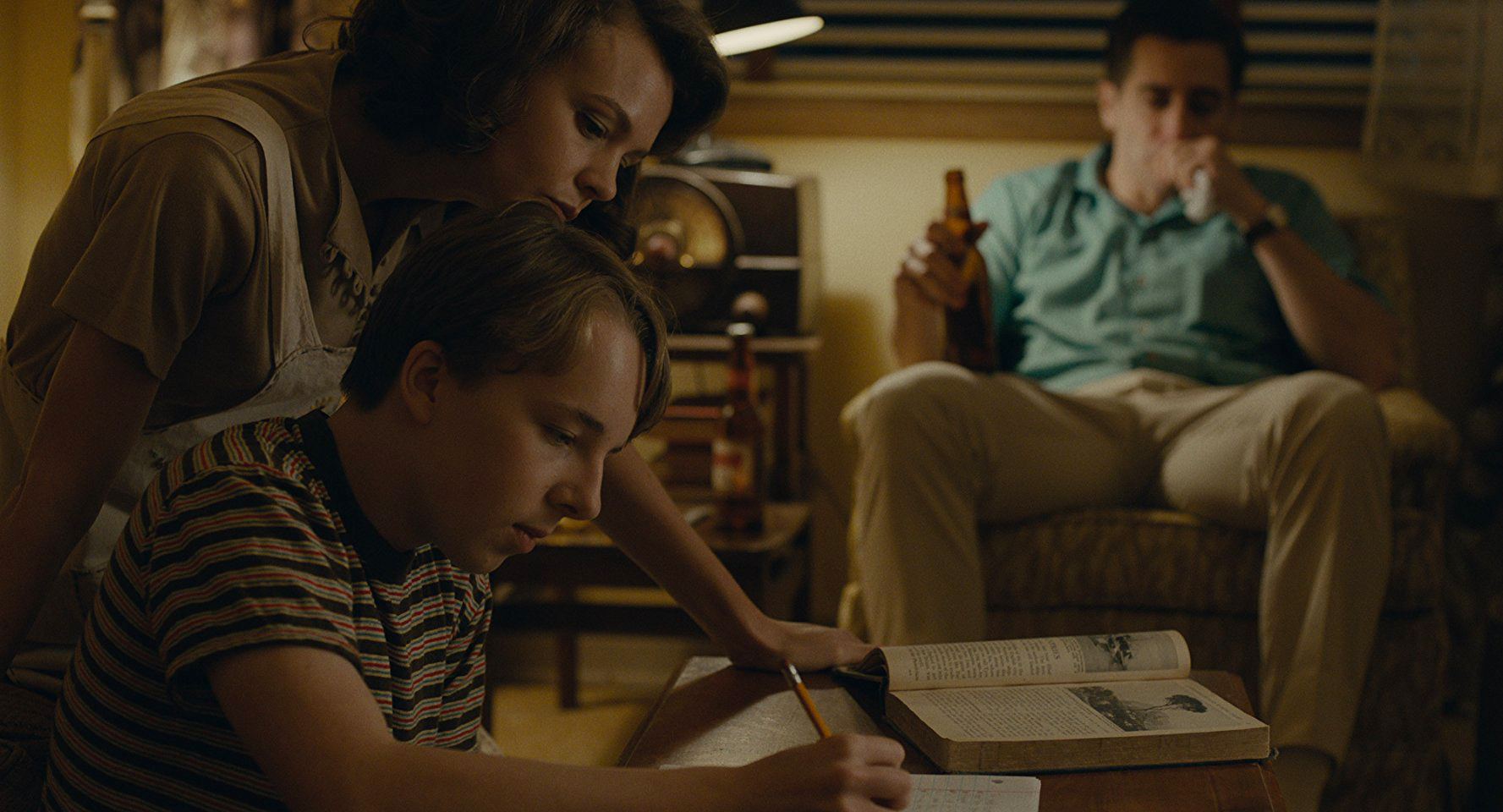
In The Queen of Fear (World Cinema Dramatic Competition), Argentine theatrical actress Robertina (Valeria Bertuccelli) is successful and well loved by local audiences. She lives in a beautiful house, has all the help she needs, and plenty of friends – yet she cannot find peace. Prompted by the sadness brought on by a dying friend, this heroine feels sick from too much empathy. Her naturally nurturing self cannot keep up with all the suffering around her, filling her with unbearable angst. The honesty of this soul’s depiction could not be but the product of a female point of view – that of Bertuccelli and co-director Fabiana Tiscornia.
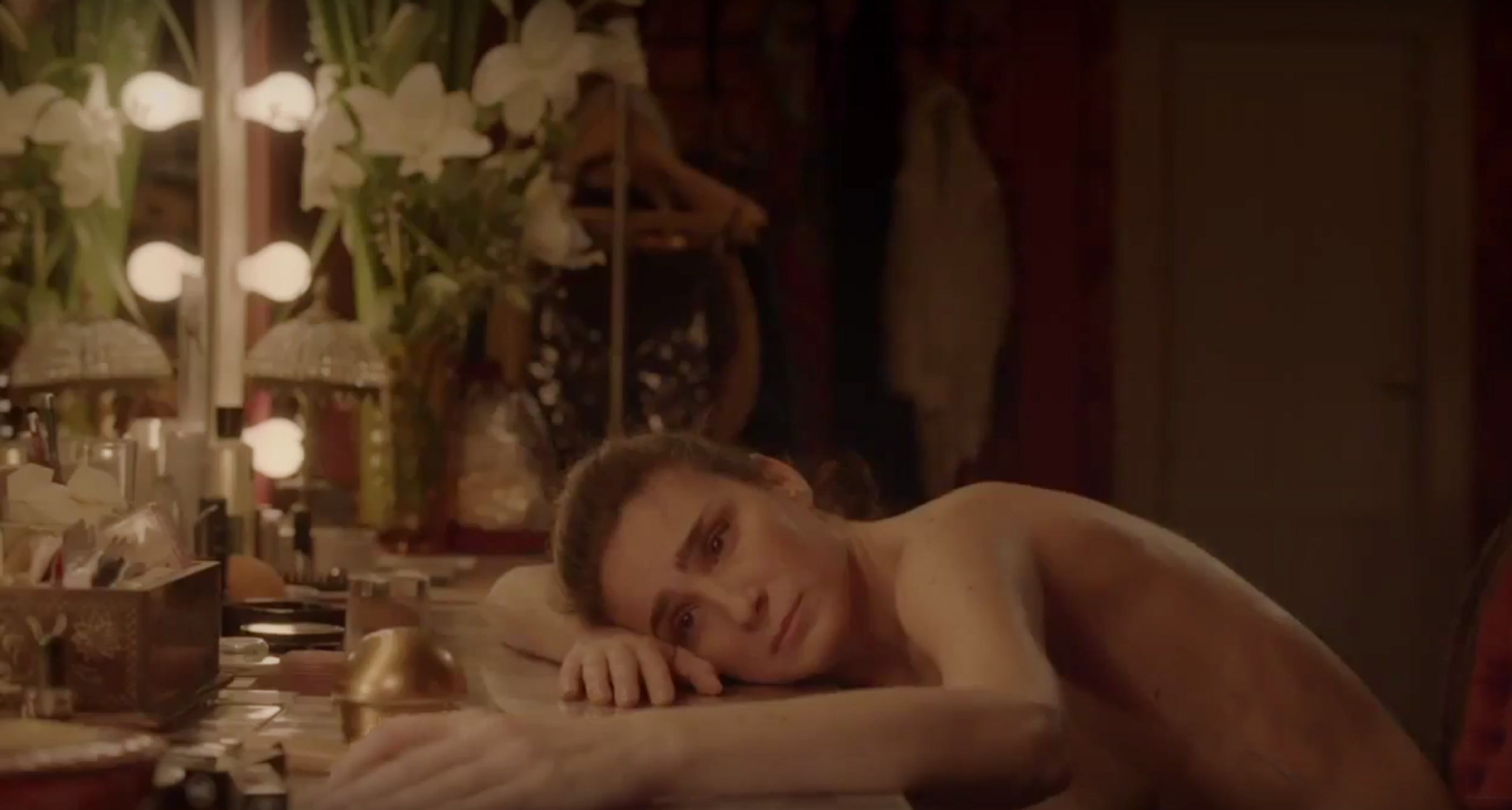
Jennifer Fox’s autobiographical The Tale (US Dramatic Competition) offers a multifaceted perspective on the sexual abuse of a 13-year old girl (Isabelle Nélisse) as it is brought back, piece by piece, to the consciousness to the now grown woman (Laura Dern). The film strikingly parallels the bravery of women who have recently admitted to having been victims of abuse, not only for the sake of vindication but, most importantly, for the sake of self-healing and integrity.
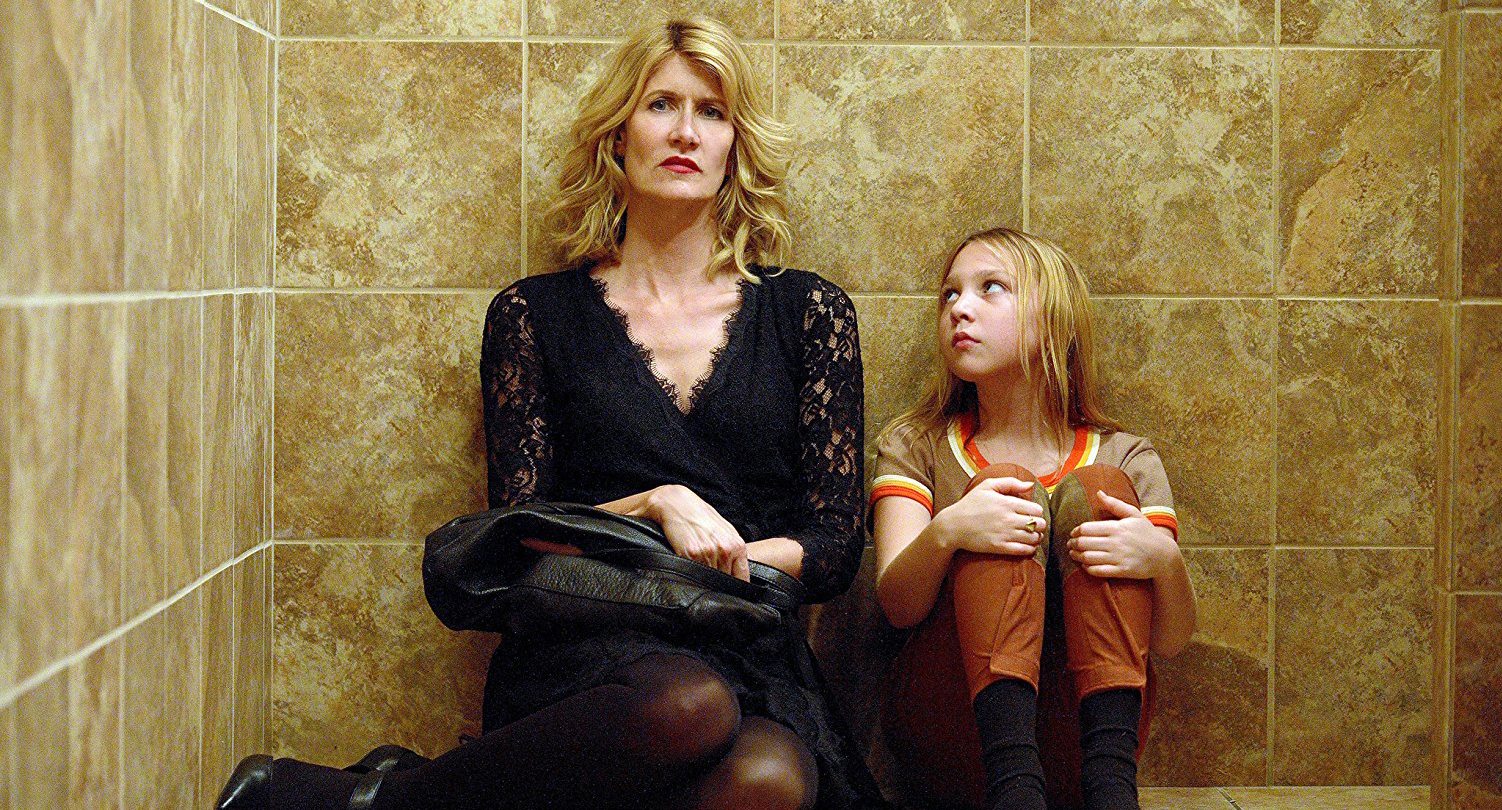
Similarly, The Miseducation of Cameron Post (US Dramatic Competition) speaks of the plight of a teenage girl (Chloë Grace Moretz) trying to maintain her integrity within the confines of a fundamentalist Christian institution that is meant to “cure” her from SSA or “Same Sex Attraction”. But with the support of her two like-minded friends – a black girl (Sasha Lane) and a Native American boy (Forrest Goodluck) – she is able to discern that the fault lies not in her but in the ones who exercise emotional abuse in the name of God.
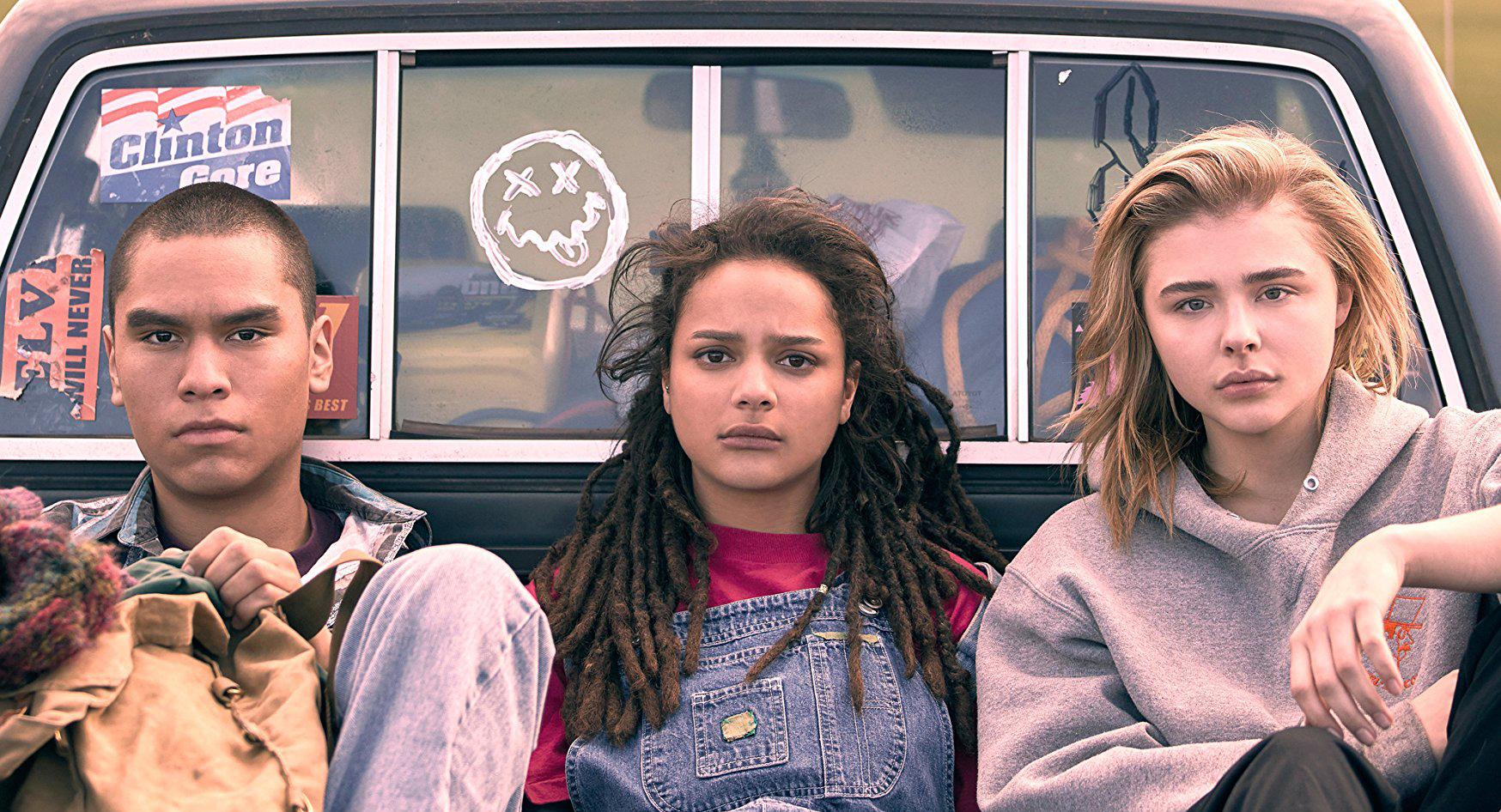
Ethan Hawke may be a Hollywood actor with global reputation but his directorial feat Blaze (US Dramatic Competition) carries the torch of independent filmmaking, not only in daring to have newcomer Benjamin Dickey portray the country music artist Blaze Foley or the relatively unknown Alia Shawkat in the role of Blaze’s muse Sybil Rosen – but also in amplifying the universal strife of the artist who is torn between life and art, and who cannot help but compulsively follow that for which he was destined even if it means one’s own demise.
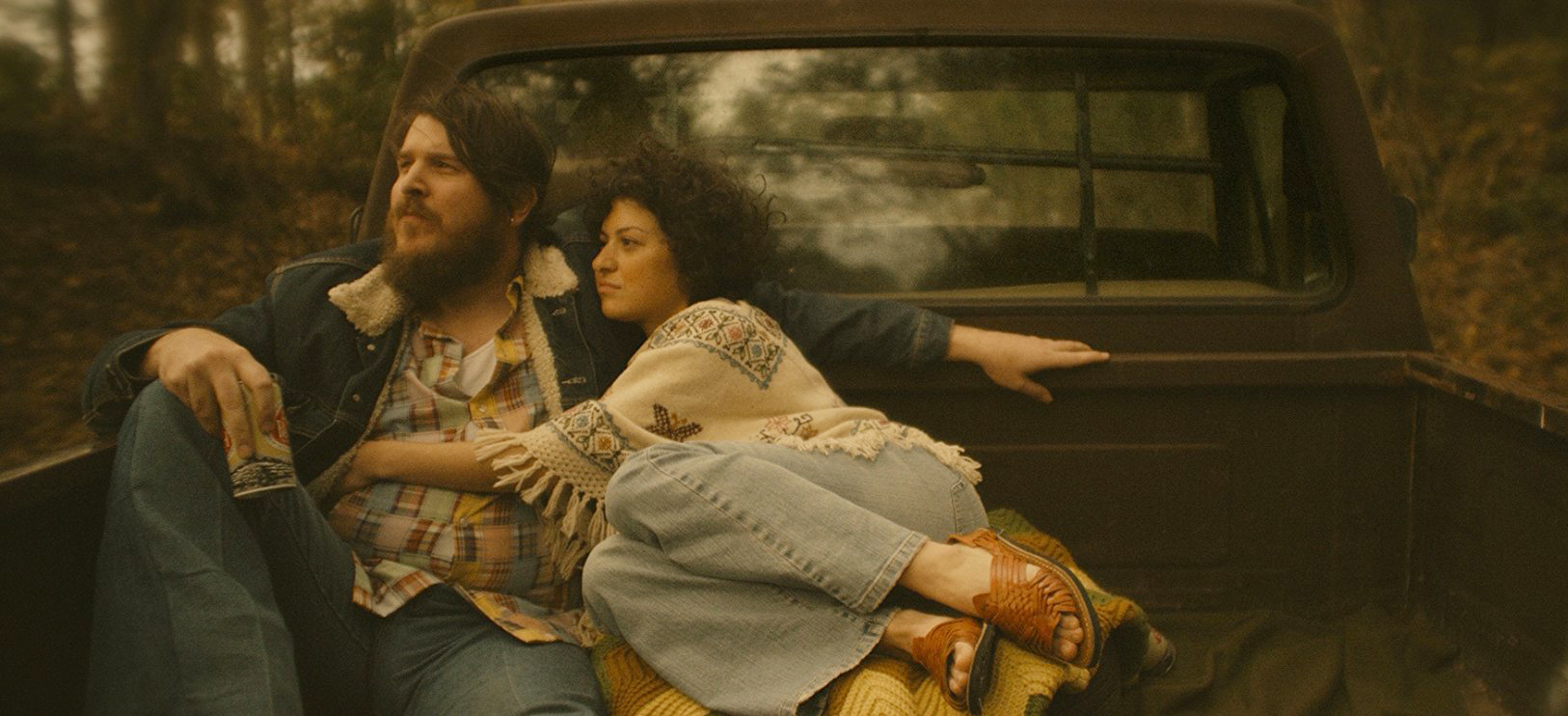
Pedro (Luis Gerardo Méndez) and Andres (Miguel Rodarte) are the lone souls that refuse to play along with the profiteering game of a Mexican vacation resort corporation in the feature Time Share (World Cinema Dramatic Competition). Malfunctioning at first in their own respective spheres, in the end, they come together in solidarity against the Company’s scheme in a heroic and very funny attempt to salvage the only thing that cannot ever be for sale: their selves.
